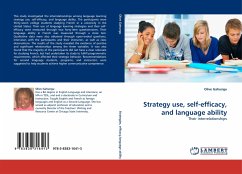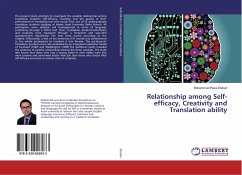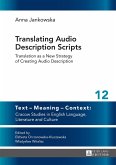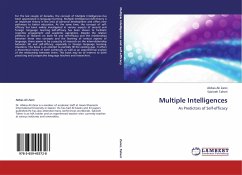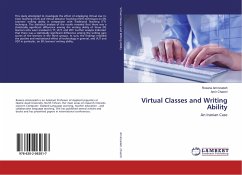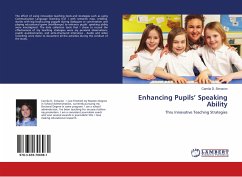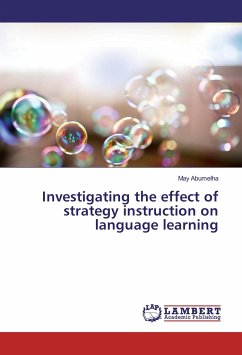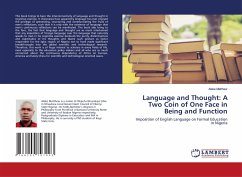This study investigated the interrelationships among language learning strategy use, self-efficacy, and language ability. The participants were thirty-seven college students studying French in a university in the United States. Their use of language learning strategies and their self-efficacy were measured through two forty-item questionnaires. Their language ability in French was measured through a cloze test. Qualitative data were also obtained through open-ended questions, interviews with the participants and their instructor, as well as class observations. The results of the study revealed the existence of positive and significant relationships among the three variables. It was also found that the majority of the participants did not have a clear rationale for studying French, but had undertaken its study to fulfill programmatic requirements, which affected their strategic behavior. Recommendations for second language students, programs, and instructors were suggested to helpstudents achieve higher communicative competence.
Bitte wählen Sie Ihr Anliegen aus.
Rechnungen
Retourenschein anfordern
Bestellstatus
Storno

